Wellbeing Matters
Creating Futures Together
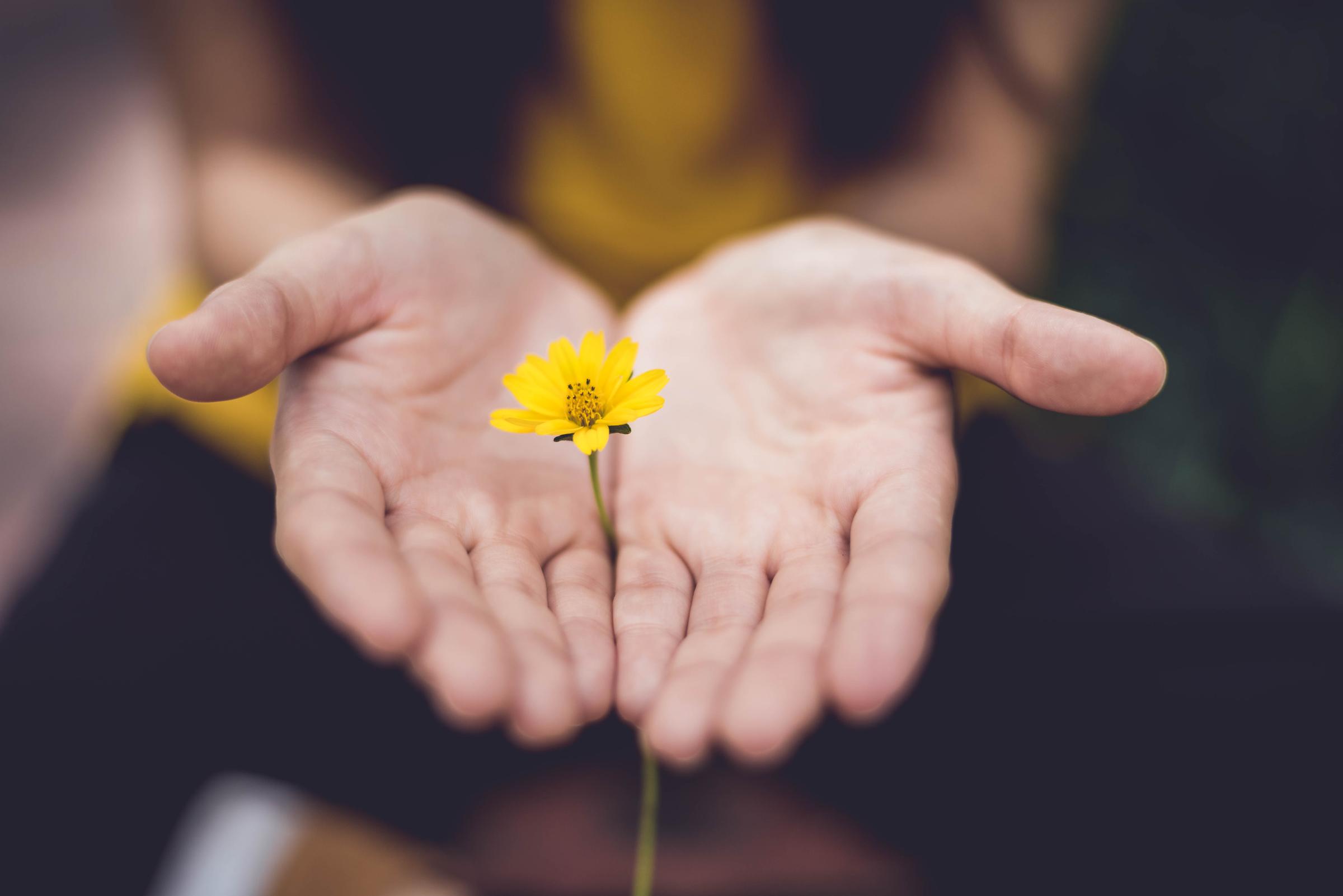
Wellbeing Matters
Creating Futures Together


Year 7 Healthy Minds Program
Students have been actively engaging with the Healthy Minds Program. In Module 2, the cohort presentations continued to explore the theme of challenging perfectionism, highlighting the benefits of embracing life's challenges, including mistakes and failures. This process of engaging with challenges (and their benefits) is crucial in building our capacity to face future obstacles.
Students were introduced to the principle that thoughts, rather than events themselves, cause feelings. They examined 'thinking errors'—common mental shortcuts and assumptions our brains make—and established a key concept: although our thoughts influence how we feel, they are often inaccurate.
For instance, thoughts may be overly negative, overestimate risk, misinterpret others’ intentions as hostile, or reflect other common cognitive biases ('Thinking Errors').
In the corresponding classroom lesson (Lesson 2), students reviewed the homework from Lesson 1. This provided an opportunity to share fantastic stories about overcoming adversity, learning from mistakes, and recognising how challenges push us beyond our comfort zones, helping us grow into more resilient individuals.
Students then participated in a flexible thinking exercise that encouraged them to think creatively. Before learning the skills of balanced or helpful thinking, it's essential to first challenge our ‘automatic’ thoughts and assumptions and practise generating a wide range of alternatives. This ability to view situations from multiple perspectives will be further developed in upcoming lessons.
Module 3 of the Healthy Minds Program focused on media literacy, teaching students to critically evaluate media messages from both mass media and social media. This is a vital skill, as today’s generation is growing up in the most image-focused time in history.
The cohort presentations included:
The key takeaway from this session was the importance of how we evaluate our own self-worth. If we base our self-worth primarily on achievements (like grades), then when something goes wrong in that area, we may feel inadequate. Alternatively, if we base it on appearance, our sense of self-worth becomes entirely dependent on how we feel about our looks on any given day, leading us to place undue emphasis on physical appearance, shape, and weight. Neither approach is healthy.
Students were encouraged to ask themselves two key questions when consuming any media:
You can find the Week Two parent module here
You can find the Week Three module here
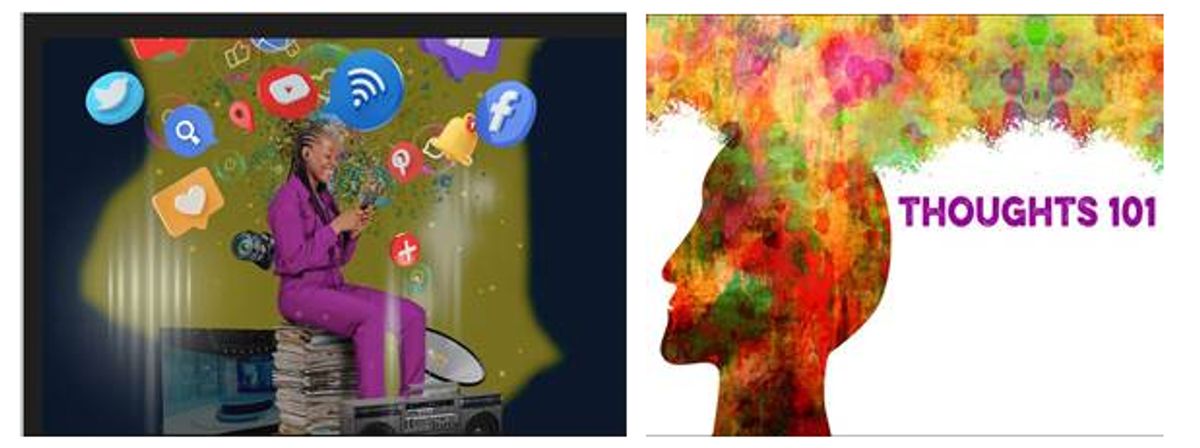



Celine Tsang-Student Wellbeing Leader/Counsellor
Celine.Tsang@education.vic.gov.au
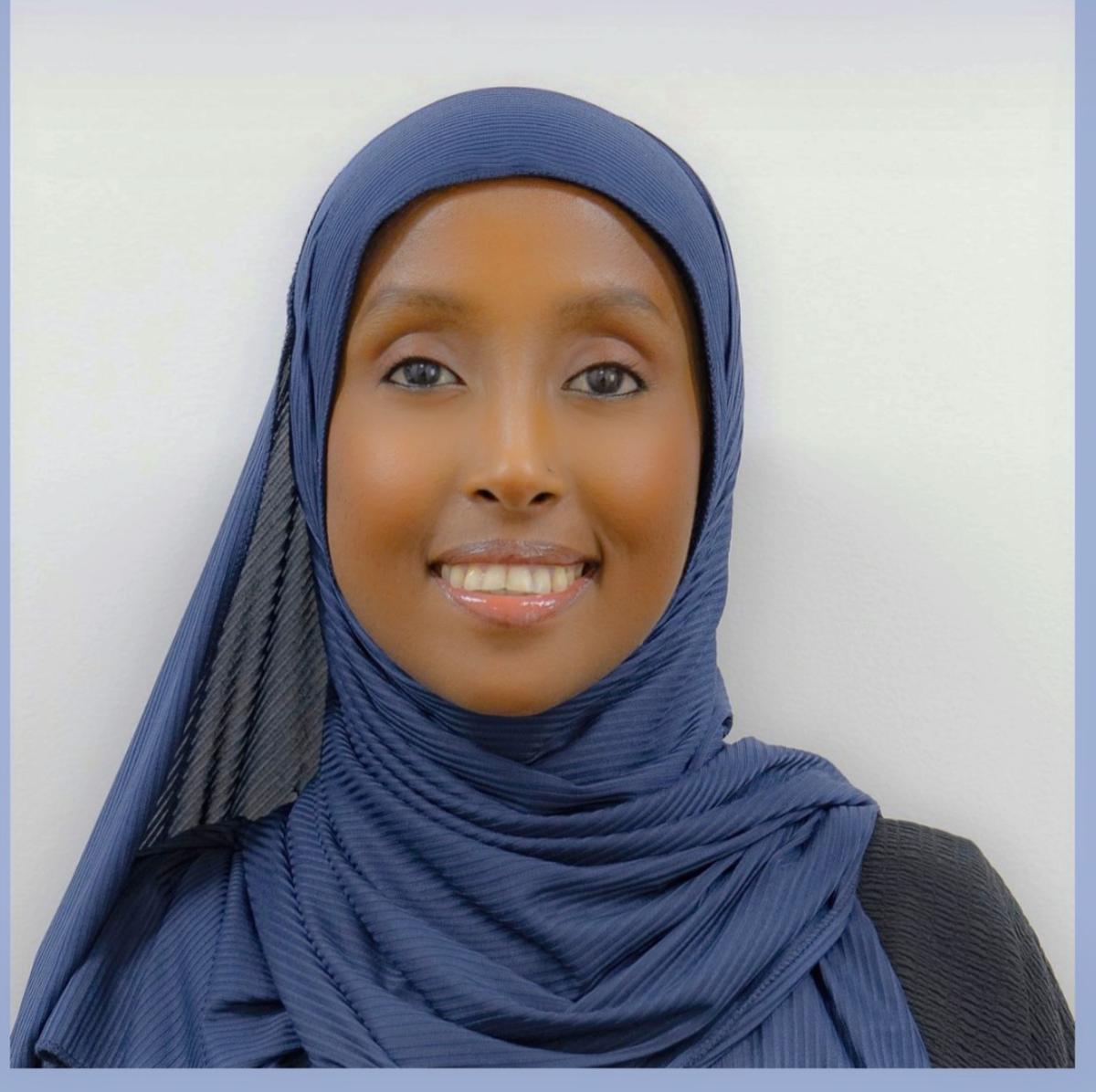

Fosia Mohamud-Mental Health Practitioner
Fosia.Mohamud@education.vic.gov.au
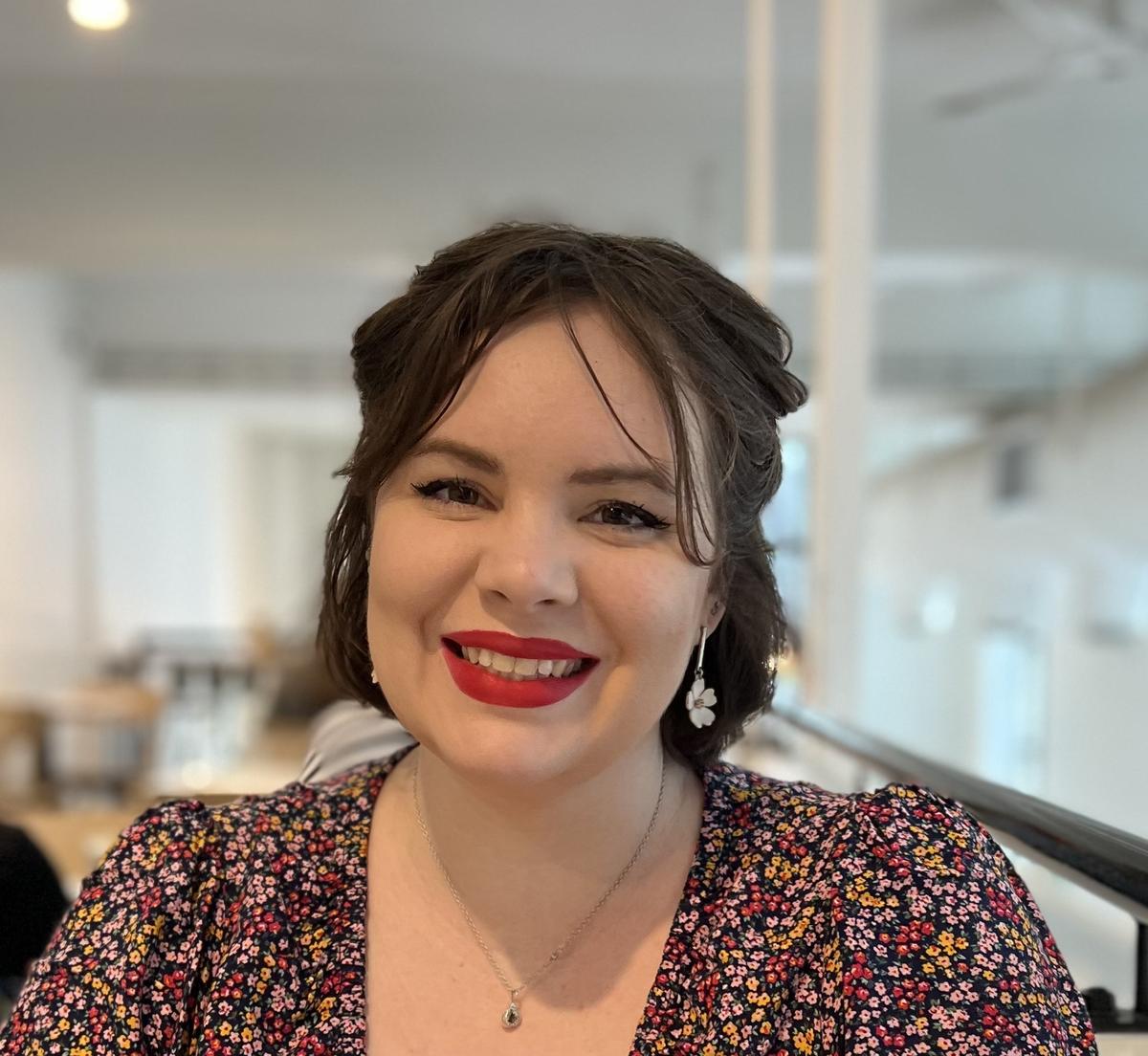

Madeline Mitchell- Art Therapist/Counsellor
Madeleine.Mitchell2@education.vic.gov.au
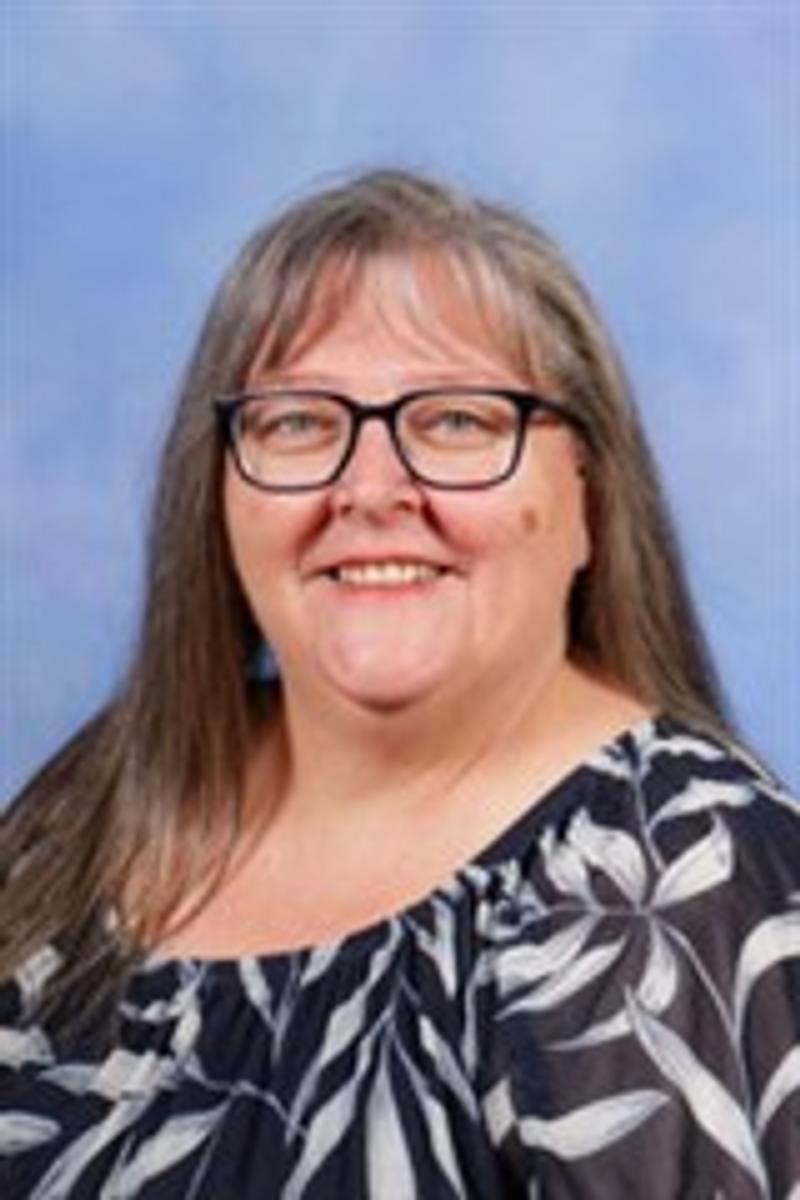

Annette Paterson- PSD Coordinator (Program for Students with Disabilities)
Annette.Paterson@education.vic.gov.au
Wellbeing Student Placement Program
We currently have five counselling students onsite providing support to our students until the end of the year. They are in the process of completing their Masters of Counselling at either Monash or Victoria University.
Having these counselling students provides a valuable resource for our student body, offering increased access to mental health support at school.
Our goal is to provide a safe and supportive space where students wellbeing and mental health are our top priorities. We encourage both parents and students to reach out early if there are any concerns so that we can offer timely interventions. Please be assured that counselling sessions are strictly confidential unless safety risks are identified. Parents can contact our Learning and Wellbeing Leaders to discuss concerns and initiate referrals.
For students, your first point of contact is your teachers and the relevant Learning and Wellbeing Leaders. Students can also self-refer for wellbeing support using our student referral form Click Here. The referral forms are also accessible through the wellbeing office, which is open to all students. A member of the wellbeing staff will get in touch with you as soon as possible to schedule a session.
Headspace: 24/7 phone counselling service for 12 to 25-year old’s.
P: 1800 650 890 www.headspace.org.au
E-Headspace: 24/7 online counselling service for 12 to 25-year old’s.
www.eheadspace.org.au
Beyondblue: 24-hour Phone and online counselling for mental health.
P: 1300 22 46 36 www.beyondblue.org.au
Beyondblue also have a series of podcasts on various topics.
https://www.beyondblue.org.au/get-support/not-alone
Lifeline: 24-hour phone crisis support and suicide prevention services.
P: 131 114 www.lifeline.org.au/get-help/online-services/crisis-chat
Kids Help Line: 24/7 free phone and online counselling for 13 to 25-year old’s.
P: 1800 55 1800 www.kidshelpline.com.au